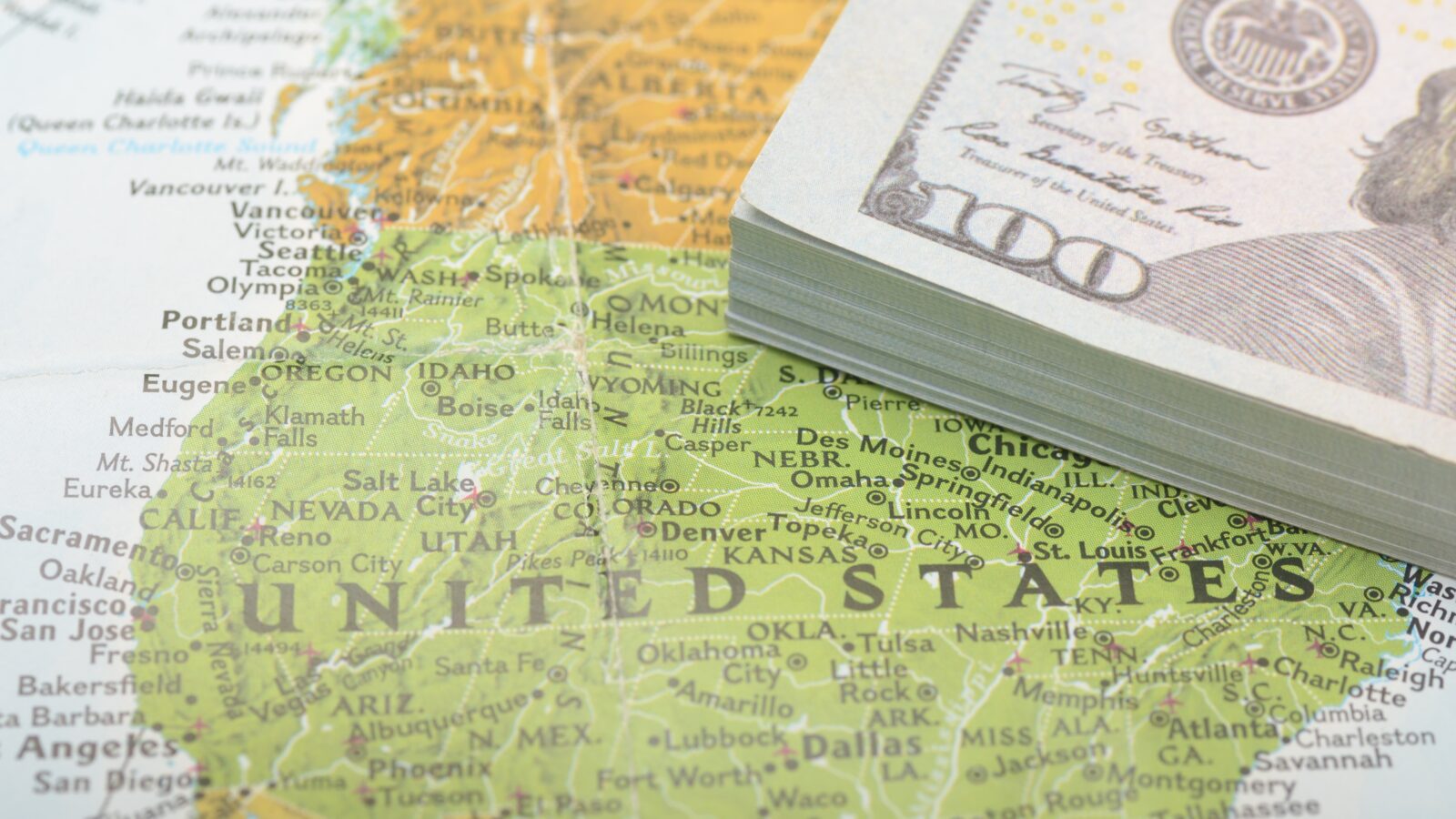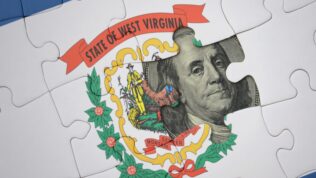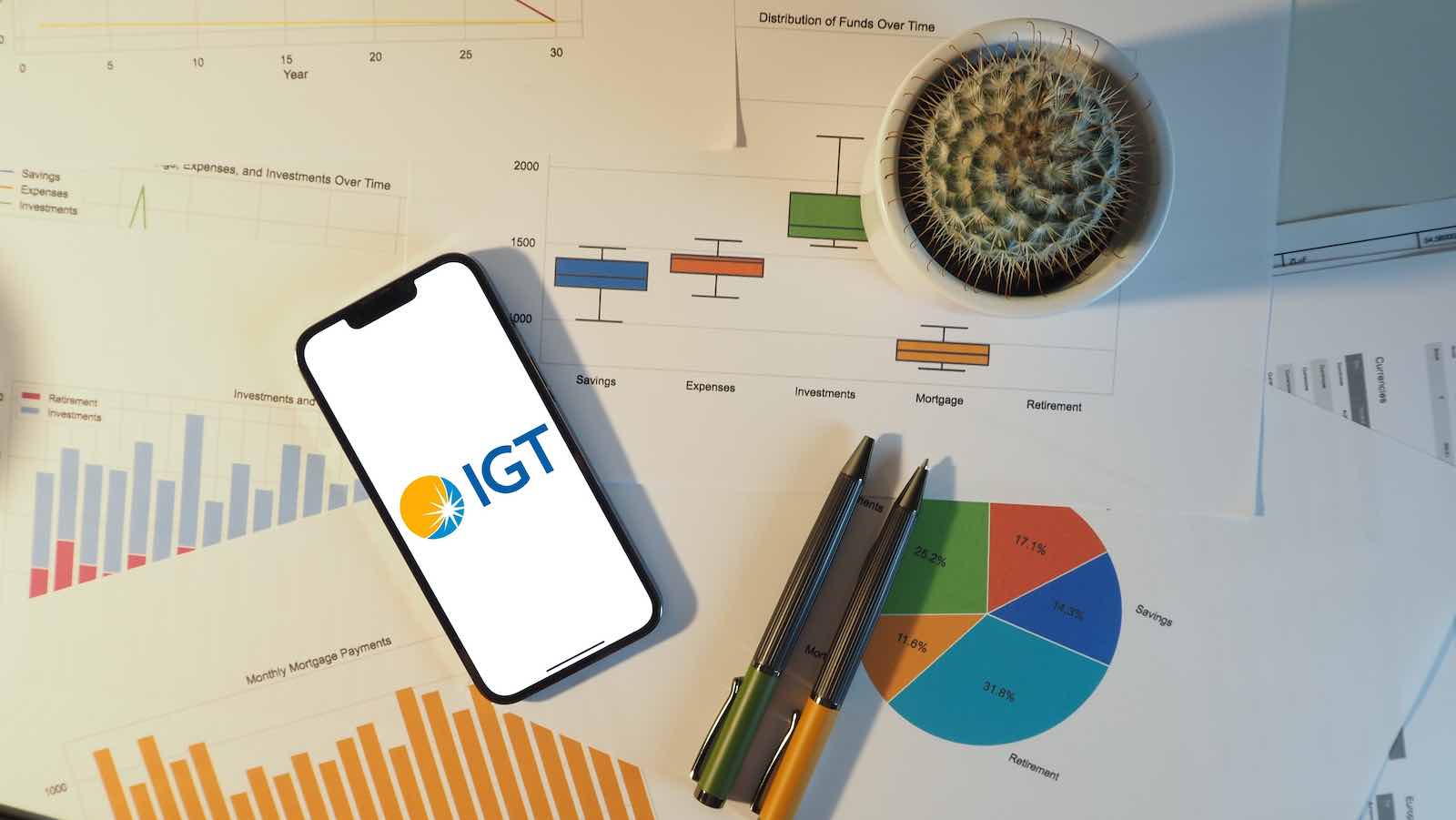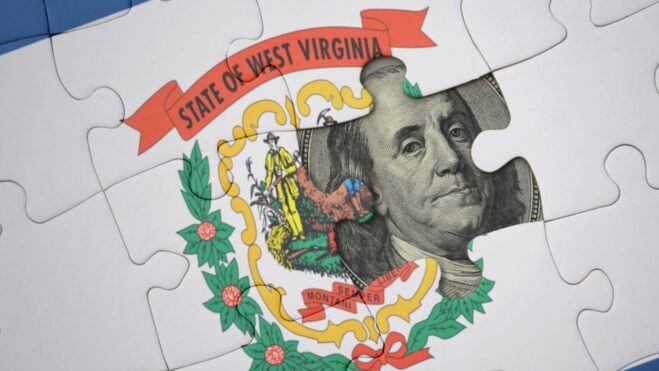All That Lottery Money — Where Does It Go?
A state-by-state breakdown of all the proceeds and percentages
5 min

The lottery business is a monster. It generates billions of dollars every year. Billions. For the math-challenged out there, that means many millions. Actually, more than many. Many, many millions. Too many millions to count.
But where does all that money go?
Here’s the way it works: The lottery commission takes in all the money from ticket sales. Some lucky schmuck hits the jackpot. First thing is he or she has to get paid. The commission does that. Then, the retail store that sold the ticket gets paid. The commission does that, too. Next, the people who work at the commission and manage everything have to eat, too. Those are administrative costs. They get paid.
What’s left? Generally between 20 and 25% of the net profit of ticket sales, which the state lottery commission is obligated to use to better the state in which it resides. This is partly why lotteries were invented, after all — to finance big projects: wars, great walls, public works. To improve the plight of the common man. For the greater good and all that.
We know — nobody buys a lottery ticket and thinks, Hey, what government agency is my 10 bucks helping keep afloat this week? But as the years and decades pass and the piles of loser scratch-offs stack up in your trash can, maybe you can take some solace in knowing you helped some kid get a scholarship or a retired cop keep his health benefits. It’s not a mansion and a yacht, but it’s something, right?
But not every state handles that lottery revenue the same way. Most of them earmark at least some of it for education, but some don’t. Wouldn’t it be nice to know what your state does with your $10 or $15 a week? Say no more. Here’s a state-by-state breakdown (excluding Alabama, Alaska, Hawaii, Nevada, and Utah, which do not have a state lottery at this writing) …
States of giving
Arizona: Proceeds allocated to beneficiaries in higher education, health and human services, environmental conservation, and economic and business development.
Arkansas: Significant majority of revenue goes to various college scholarships.
California: All proceeds benefit public education, with K-12th grade getting 79.9%.
Colorado: Majority of funds dedicated to environmental initiatives and education.
Connecticut: Proceeds are placed in the state’s General Fund and distributed among various agencies in fields of education and the arts, health and human services, and “Employee Fringe, Debt Service & Misc.”
Delaware: Revenue is placed in the state’s General Fund and then dispersed into agencies serving public and higher education; health and social services; child, youth, and family services; and environmental initiatives.
Florida: 25.27% of lottery revenue goes to education from school reconstruction to K-12 programs.
Georgia: All proceeds fund specific educational programs via the Lottery for Education Account, including HOPE and Pre-K.
Idaho: Fifty percent of net funds are allocated to public schools and to the Permanent Building Fund, which finances the state’s colleges and universities.
Illinois: Revenue goes to the state’s Common School Fund, which supports grades K-12 and other “specialty causes.”
Indiana: Lottery revenue funds retirement and pension funds for police, firefighters and teachers, and to lower the motor vehicle excise tax.
Iowa: All lottery proceeds go into the state General Fund, where legislators divide it up between various trust funds dedicated to economic, environmental, and public safety concerns.
Kansas: The first $50 million in revenue goes to agencies funding economic, correctional, veteran, gambling addiction, and mental health programs. Anything left over goes to the state general fund.
Kentucky: Twenty cents of every dollar spent on the lottery goes to funding various Kentucky education and scholarship programs.
Louisiana: Transfers 25% of revenue to the state, all of which funds the Minimum Foundation Program, which supports public education in Louisiana.
Maine: Lottery proceeds are deposited in the Maine General Fund, and account for 1.75% of budgeted revenue. The largest chunk of expenditure from the fund goes toward education, including “general purpose” for local schools.
Maryland: Transfers 25% of revenue into the General Fund of the State Treasury to support Maryland government programs, including educational, public health, public safety, and the environment.
Massachusetts: Uses net profits to fund unrestricted local aid to all 351 cities and towns in the state as determined by the townships. Examples include public safety staffing and equipment, snow removal, local road improvements, school services, programs for seniors, and parks and recreation projects.
Michigan: Proceeds go to the School Aid budget, which covers special education, at-risk programs, early childhood education, adult education, public school academies, No Child Left Behind grants, school lunch and breakfast, vocational education, assessments, and more.
Minnesota: Revenue goes to the Minnesota General Fund, to “responsible gambling programs,” and to environment and natural resources concerns. The General Fund supports public safety, street maintenance, police, fire, and general “government activities.”
Mississippi: Has a two-tiered distribution method: First $80 million of lottery revenue goes to infrastructure, mainly the State Highway Fund (until June 30, 2028). Funds exceeding $80 million go to Education Enhancement Fund.
Missouri: Lottery proceeds fund public education in the state.
Montana: Net lottery profits go to a general fund and then to a variety of funds as determined by the state legislature.
Nebraska: 25 percent of lottery proceeds are dedicated to environmental and education concerns, the Nebraska State Fair, and a Compulsive Gamblers Assistance Fund.
New Hampshire: 28 percent of lottery revenue is allocated solely to the public school system.
New Jersey: All lottery proceeds are used to fund state worker pensions.
New Mexico: Lottery proceeds benefit the Lottery Tuition Fund, which provides scholarships to students attending institutions of higher learning.
New York: All lottery revenue is distributed to local school districts in the New York public school system.
North Carolina: All lottery proceeds benefit public education, including school construction, scholarships and grants, transportation, and Pre-K.
North Dakota: Revenue is transferred to the State General Fund, which last year used lottery returns to fund a Multi-Jurisdictional Drug Task Force and provided $320,000 to the Compulsive Gambling Prevention and Treatment Fund.
Ohio: Net profits are applied to the Lottery Profits Education Fund, which supports K-12, vocational, and special education programs in Ohio.
Oklahoma: All lottery revenue is deposited in the Oklahoma Education Lottery Trust Fund to support state schools.
Oregon: Net profits go to funding state parks, economic programs, education, veteran services, and environmental causes.
Pennsylvania: Lottery proceeds are dedicated to programs and services intended to benefit senior citizens.
Rhode Island: Lottery revenue is sent to the state’s General Fund and allocated to a variety of services including those that involve education, general government, public safety, and natural resources.
South Carolina: All net profits go to support education via scholarships and grants, K-12 programs, and transportation funds.
South Dakota: Net lottery income goes into the state’s General Fund, which uses the revenue for educational, environmental, infrastructure, and responsible gaming programs.
Tennessee: Net profits are used to fund educational programs such as scholarships, grants, after-school programs, and more.
Texas: Biggest chunk goes to Foundation School Fund, the primary source of state funding for Texas school districts.
Vermont: All net lottery profits go into the state Education Fund.
Virginia: All proceeds are dedicated to K-12 public education in the state.
Washington: Lottery revenue funds the Washington Opportunity Pathways Account (WOPA), which is dedicated to early-childhood assistance and scholarship and grant programs. Additional revenue ends up in economic development and responsible gambling funds.
West Virginia: Proceeds are divided among programs for education, senior citizens and veterans’ services, infrastructure, “The Promise” scholarship program, tourism, and “other” services.
Wisconsin: All net profits go toward property tax relief for Wisconsin homeowners.
Wyoming: All lottery revenue goes to the state treasurer’s office, which then distributes the funds to the state’s municipalities to spend as they deem fit.









